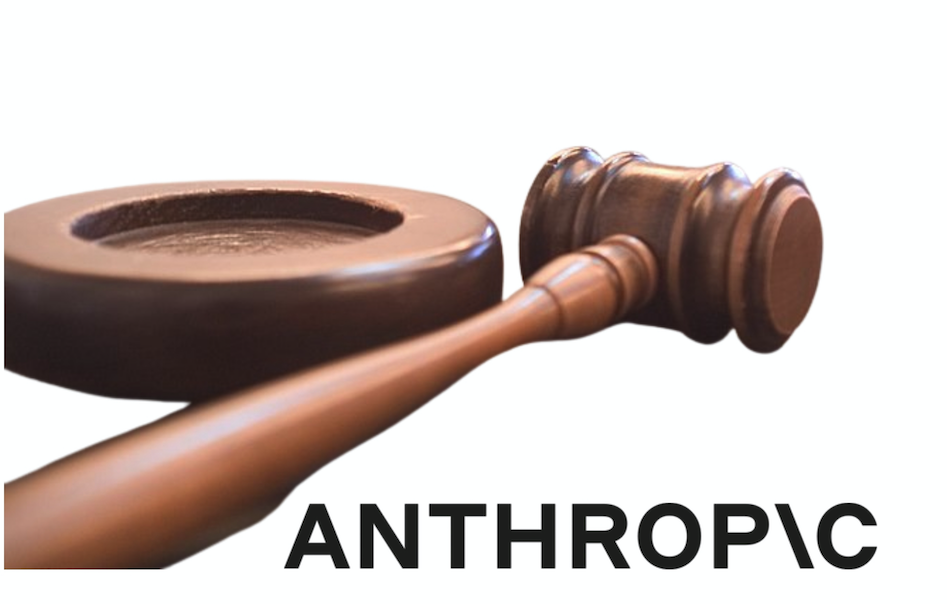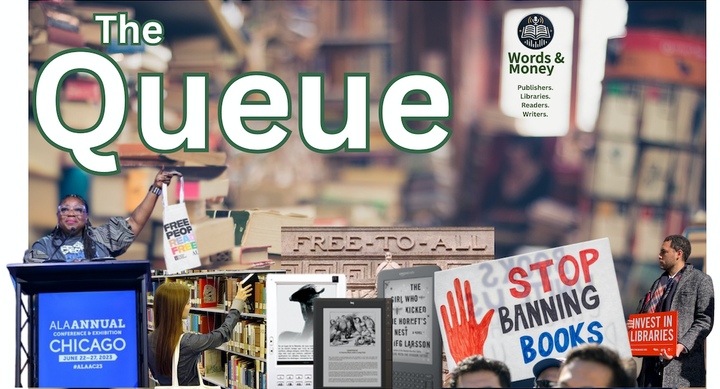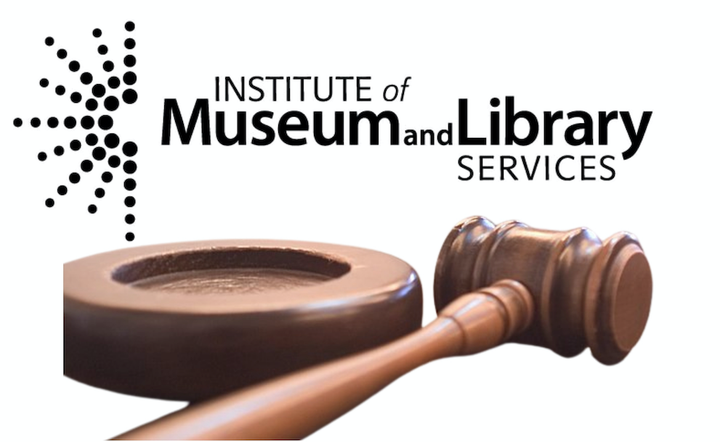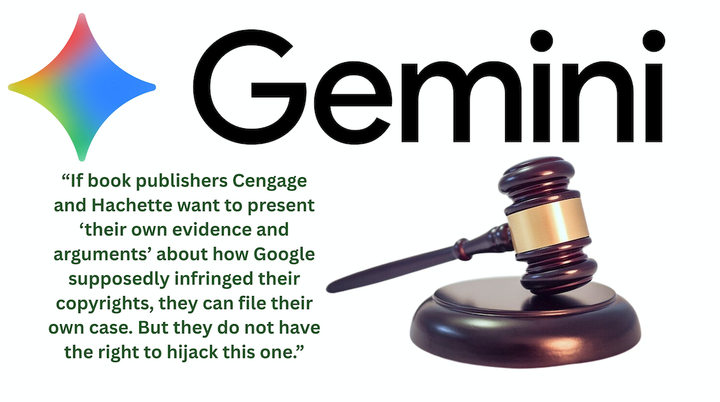Judge Grants Preliminary Approval to Anthropic Settlement
While there may yet be issues to work out as the claims process begins, authors and industry groups are applauding the deal.

Following a highly anticipated hearing in his San Francisco courtroom, federal judge William Alsup on September 25 granted preliminary approval to a massive $1.5 billion deal to settle copyright infringement claims made by authors against AI company Anthropic. With preliminary approval now in hand, the settlement moves to the notice and claims phase, where hundreds of thousands of potentially eligible rightsholders–it is estimated that more than 480,000 books are eligible for compensation under the terms of the deal–can submit claims, opt out, or object to the deal.
Alsup's approval comes after he declined to grant preliminary approval at an initial hearing on September 8 and harshly criticized the deal's first draft, giving lawyers just days to address a list of 34 questions he wanted answered.
Incredibly, after what lawyers said were "round-the-clock efforts," the parties delivered, filing a new motion for preliminary approval this week that included an aggressive plan for noticing class members, and an allocation plan that responded to one of Alsup’s chief concerns with the settlement: how the monetary awards would be fairly apportioned for works with multiple claimants.
On that score, the parties have now set a default allocation offering a 50/50 split for works between authors and publishers of trade works (educational works will be determined case by case). But, crucially, the deal also allows claimants to decline the default split and to propose a different allocation where warranted.
The settlement agreement comes after Alsup, in June, issued a mixed summary judgment decision in Bartz et al v. Anthropic PBC which found that Anthropic's unauthorized use of copyrighted books to train its Claude AI system was fair use. But the judge also found that the company's decision to keep millions of unauthorized downloads for a permanent "central research library" was not fair use, and ordered the company to stand trial on that claim.
Under the parties’ proposal to settle those piracy claims, the terms of which were revealed in a September 5 filing, Anthropic agreed to create a $1.5 billion settlement fund for a group of authors whose books were downloaded pirate sites Library Genesis (LibGen) and Pirate Library Mirror (PiLiMi). Claimants stand to receive roughly $3,000 per work, lawyers say—possibly more, depending on how many claims actually materialize.
In exchange, Anthropic will be released from liability covering the illegal downloading of books on the settlement Works List, but not for any future conduct, nor from claims that may arise from any allegedly infringing outputs of Anthropic's AI.
Authors Alliance executive director Dave Hansen, who has raised questions about the settlement, told Words & Money the fleshed out agreement appears fair and reasonable.
"Overall, for what it is, I think it’s a reasonable resolution," Hansen said. "The biggest area of concern I had was that the settlement would attempt to force through some sort of global split of funds as between authors and publishers who have an interest in the same book. I was glad judge Alsup asked some pointed questions about that and the resolution—having a default split of 50/50 but allowing for parties to bring proof about a different split based on their publishing contracts—seems to me like the only workable approach."
Hansen also offers another observation: that the deal will likely be a windfall for publishers, much moreso than for authors, for whom the suit was originally filed.
"Based on what I can surmise about the works list based on public information, I continue to think this settlement will benefit publishers more than authors, especially for the large number of educational works that are likely in the works list for which publishers hold the entire copyright," he told Words & Money. "For those works, there is no default allocation so it will be really important for authors of those works to bring their claims with documentation. It's also notable that for many of those works, other third parties, such as universities, may have claims too."
For now, however, the settlement appears to be back on track. And while there may yet be issues to work out as the claims process begins, authors and industry groups are applauding the deal.
"Beyond the monetary terms, the proposed settlement provides enormous value in sending the message that artificial intelligence companies cannot unlawfully acquire literary works from shadow libraries or other pirate sources to use as the building blocks for their businesses," Maria Pallante, President and CEO of the Association of American Publishers said, in a statement.


